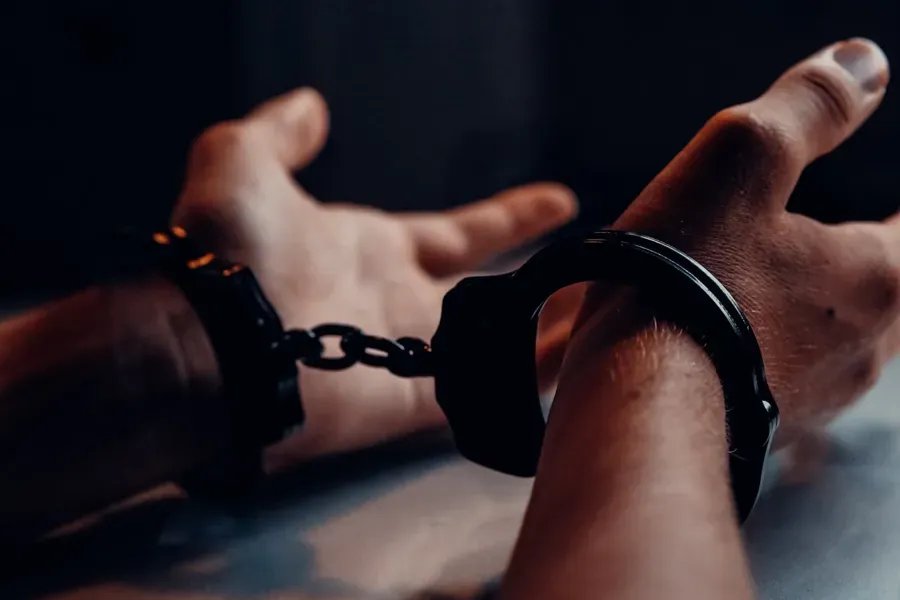Practice Areas
Blog Categories
Types of Child Custody Explained
Divorcing your spouse can be complicated, especially if children are involved. The thought of losing your child can create a storm of intense emotions in both parents, leaving the child caught in an intense back-and-forth.
If you’re in the process of divorcing your spouse or are considering filing for
divorce , it’s important to be educated about your options. In this post, we’ll take a look at two different types of
child custody and explain more about child
custody laws in Georgia.
If you need to speak with a family law attorney in Atlanta,
contact The Fairell Firm to schedule a consultation. We work tirelessly on behalf of our clients and will do everything we can to protect your interests and work toward a favorable outcome in your case.
Child Custody in Georgia
Georgia awards two different types of child custody: physical custody and legal custody.
Physical custody is the kind of custody you are likely the most familiar with, as it determines which parent the child lives with. Legal custody, on the other hand, pertains to decisions that are made on the child’s behalf and often include medical treatments, where the child attends school, and the child’s religious upbringing.
Georgia also distinguishes between joint and sole custody. If the former is awarded, both parents will have equal rights and responsibilities. In most cases, parents will share both physical and legal custody and create an arrangement that works around their lifestyle. Children will often alternate between home on a schedule that works best for each household. If the latter is awarded, one parent will have sole physical custody and potentially legal custody, depending on the circumstances. If the court deems one parent unfit to share custody, both legal and physical custody may be awarded. However, courts around the United States are moving toward allowing both parents to share in their children’s lives by awarding sole physical custody to one parent, joint legal custody to both, and visitation rights to the non-custodial parent.
Child Custody for Unmarried Fathers
Under Georgia law, unmarried fathers do not have legal rights to their children unless they file a
legitimation petition, which establishes a legal recognition of their fatherhood. Once this has been established, an unmarried father can pursue visitation and custody. The court will weigh a number of different factors when deciding whether to grant the petition, always keeping the child’s best interests at the forefront of the decision.
Weighing Your Options
As you begin the divorce process, it’s worth making an effort to work with your spouse to consider which form of custody will be best for your child. After all, the court will make a decision on your behalf if you can’t come to an agreement.
As you consider your options, keep in mind the pros and cons of joint and sole custody:
Joint Custody Pros
- Joint custody allows you to create a shared parent plan that puts your child’s interests first.
- Joint custody provides the child with the opportunity to spend time with each parent, which can make the divorce easier to process.
- Raising a child is a full-time job, and joint custody provides each parent with the opportunity to share parental responsibilities.
Joint Custody Cons
- You and your spouse may harbor animosity toward each other, which can make it difficult to agree on a custody arrangement and parenting plan.
- Joint custody requires children to move from home to home frequently and has the potential to take a toll on their mental health.
- In some cases, one parent may feel like they can let the other parent handle major decisions and responsibilities, leading to unequal distribution of responsibilities.
Contact an Atlanta Family Law Attorney
We hope that today’s post will be useful to you as you consider your options and seek a custody arrangement that puts your child’s interests first.
We understand that child custody is complex and often occurs during a difficult time of transition, so please reach out to The Fairell Firm if you would like to schedule a consultation. We also host regular live sessions on Facebook in which we answer viewer questions from the chat and our direct messages.
Above all else, we want to help you make the best possible decision for you, your family, and your child.









